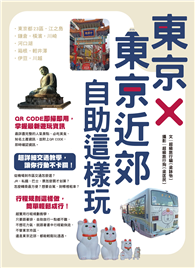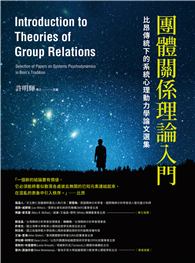有 18 項符合
Stephen Jeffrey
的圖書,這是第 2 頁
|
|
|
|
|
|
|
 | 66折: $ 191 |  | 作者:羅伯.杜格尼 出版社:奇幻基地出版事業部 出版日期:2016-08-06 66折: $ 251 |  | 作者:布蘭登.山德森 出版社:奇幻基地出版事業部 出版日期:2016-12-08 66折: $ 686 |  | 作者:周姚萍 出版社:五南圖書出版股份有限公司 出版日期:2018-04-28 66折: $ 198 | |
|
|
 | $ 204 |  | 作者:侯文詠 出版社:皇冠文化出版有限公司 出版日期:2025-07-07 $ 300 |  | 作者:Kitty Mao 毛律師 出版社:商周出版 出版日期:2025-07-19 $ 355 |  | 作者:橫田大助よこた だいすけ 出版社:青林國際出版股份有限公司 出版日期:2025-06-27 $ 253 | |
|
|
 | 作者:超級旅行貓(梁詠怡) 出版社:台灣東販股份有限公司 出版日期:2025-04-28 $ 364 |  | 作者:星ノビル 出版社:東立出版社 出版日期:2025-07-09 $ 204 |  | 作者:G.E.M.鄧紫棋 出版社:香港中和出版有限公司 出版日期:2025-08-29 $ 580 |  | 作者:威爾弗雷德.比昂等人合著 出版社:橡實文化 出版日期:2025-07-04 $ 406 | |
|
|
|
|
|
|